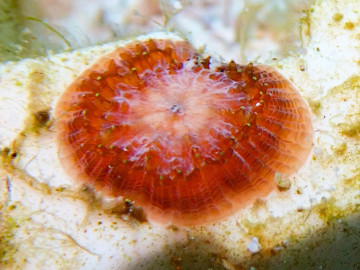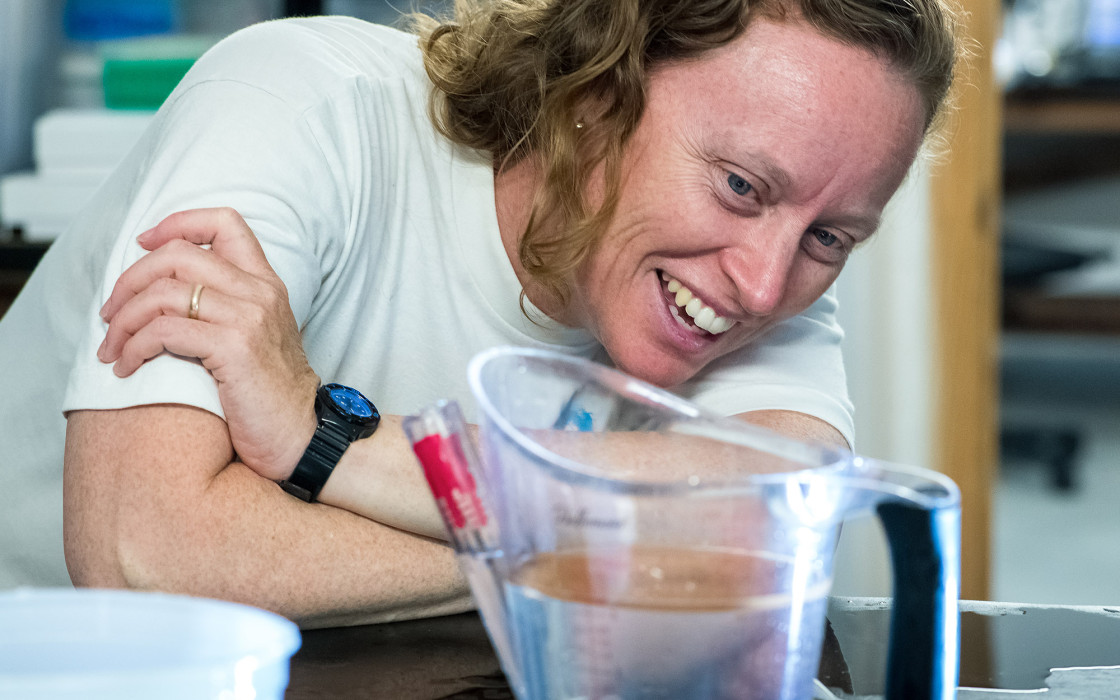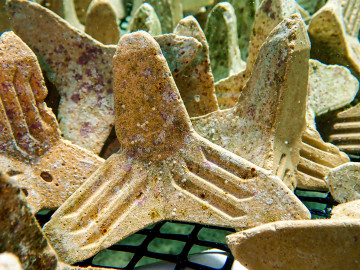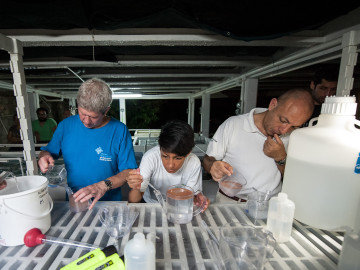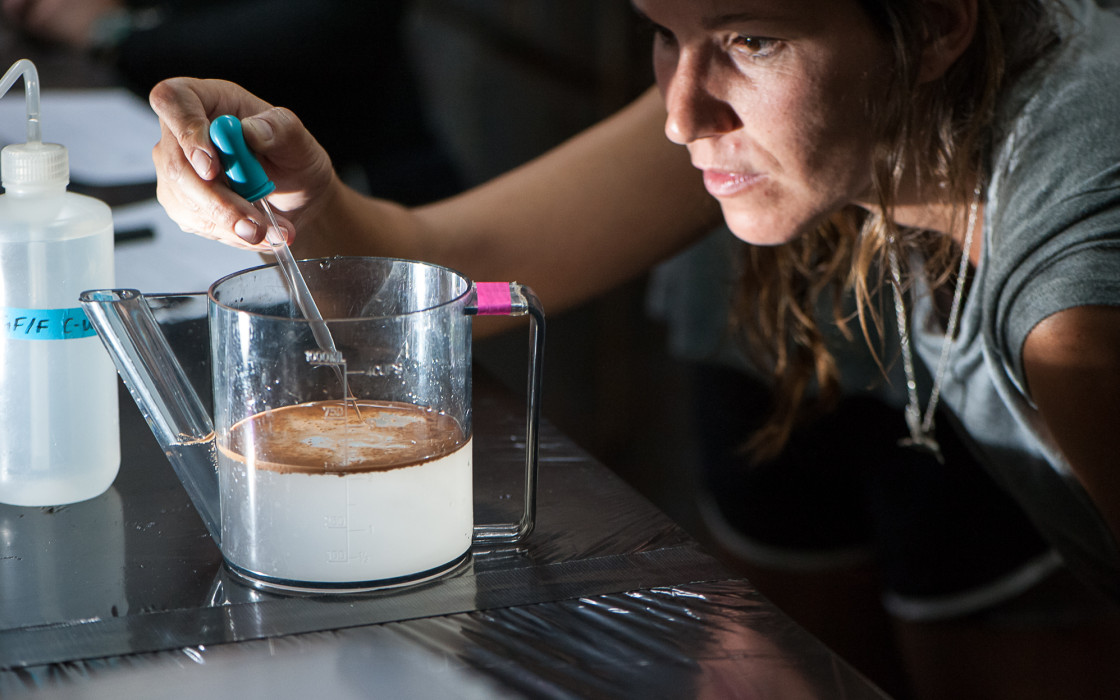Assisted sexual coral recruits show high thermal tolerance to the 2023 Caribbean mass bleaching event. Margaret W. Miller, Sandra Mendoza Quiroz, Liam Lachs, Anastazia T. Banaszak, Valérie F. Chamberland, James R. Guest, Alexandra N. Gutting, Kelly R. W. Latijnhouwers, Rita I. Sellares-Blasco, Francesca Virdis, Maria F. Villalpando, Dirk Petersen.
The sea urchin Diadema antillarum facilitates recruitment of the critically endangered Caribbean coral species Acropora palmata. Kelly R. W. Latijnhouwers, M. van Aalst, J. Huckeba, Margaret W. Miller, Mark J.A. Vermeij, Valérie F. Chamberland. Marine Ecology Progress Series
Sediment source and dose influence the larval performance of the threatened coral Orbicella faveolate. Xaymara M. Serrano , Stephanie M. Rosales, Margaret W. Miller, Ana M. Palacio-Castro, Olivia M. Williamson, Andrea Gomez, Andrew C. Baker.
